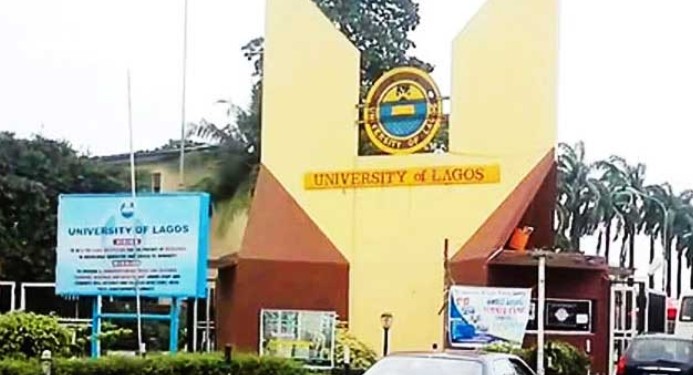The duration of a Mass Communication program at the University of Lagos (Unilag) is typically four years for a full-time undergraduate degree (B.Sc.).
This timeframe covers both theoretical coursework and practical training, ensuring students are well-equipped for the dynamic field of mass communication.
However, several factors can influence the actual time it takes to complete the program. These include:
- Entry qualifications: Students entering with A-Levels or equivalent qualifications may be eligible for direct entry into the second year, reducing their study time to three years.
- Academic performance: Students who fail courses or have to repeat a year will naturally take longer to graduate.
- Part-time studies: Unilag also offers a part-time Mass Communication program, which usually takes longer to complete due to a reduced course load each semester.
What are the entry requirements for Mass Communication at Unilag?
The basic entry requirements include five O-Level credits in relevant subjects, including English Language and Mathematics, at not more than two sittings.
Additionally, prospective students must pass the Unified Tertiary Matriculation Examination (UTME) and Unilag’s Post-UTME screening exercise. Specific cut-off marks for these exams vary each year.
What are the career prospects for Mass Communication graduates from Unilag?
Unilag’s Mass Communication program opens doors to a wide range of exciting careers.
Graduates can find opportunities in journalism, broadcasting, advertising, public relations, digital marketing, media management, and content creation. With the ever-evolving media landscape, the possibilities are truly endless.
Does Unilag offer postgraduate programs in Mass Communication?
Yes, Unilag offers postgraduate programs in Mass Communication, including a Master’s degree (M.Sc.) and a Doctorate (Ph.D.).
These programs cater to individuals seeking advanced knowledge and specialization in specific areas of mass communication, such as journalism, broadcasting, advertising, or public relations.
What is the difference between Mass Communication and Communication Arts?
While both fields deal with communication, Mass Communication focuses on reaching large audiences through various media channels, such as television, radio, newspapers, and the Internet.
Communication Arts, on the other hand, emphasizes effective communication within organizations and interpersonal relationships.
How competitive is it to get into Mass Communication at Unilag?
The Mass Communication program at Unilag is quite competitive due to its popularity and reputation.
The number of applicants typically exceeds the available spaces, making it essential for prospective students to have excellent academic records and perform well in the UTME and Post-UTME screening exercises.
Can I study Mass Communication at Unilag part-time?
Yes, Unilag offers a part-time Mass Communication program for individuals who are unable to commit to full-time studies due to work or other commitments.
The part-time program typically takes longer to complete but offers flexibility for those balancing studies with other responsibilities.
What are some of the skills I will acquire during a Mass Communication program at Unilag?
The Mass Communication program at Unilag equips students with a diverse skill set.
These skills include effective communication (both written and oral), critical thinking, research, media production, content creation, digital marketing, public speaking, and problem-solving.
